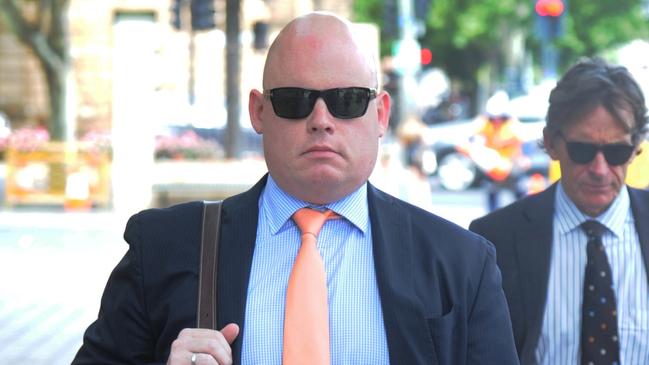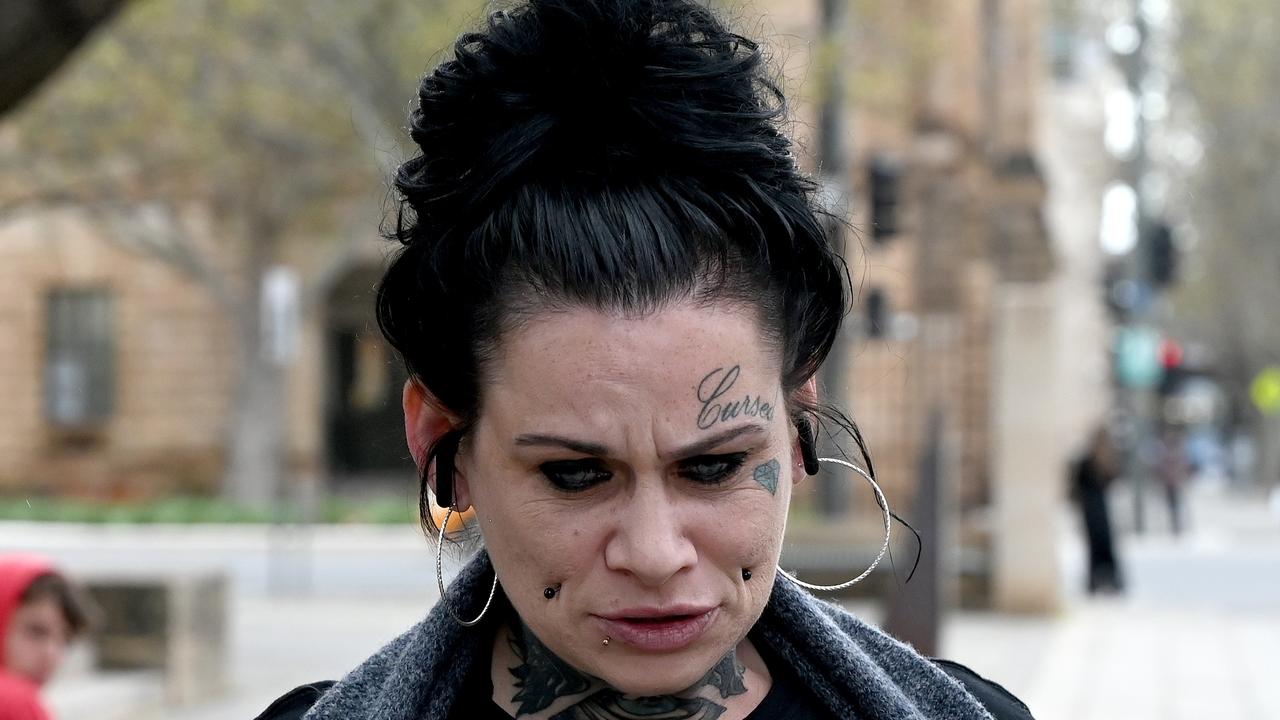Charity fraudster Michael Scott-Lawson Clark denied appeal against prohibition on working with children
An ex-kids’ charity boss who spent years in jail for stealing $300,000 from his own organisation now wants to be a teacher. There’s one big problem.

Police & Courts
Don't miss out on the headlines from Police & Courts. Followed categories will be added to My News.
A former political adviser and charity boss who spent two years behind bars for stealing more than $300,000 from an organisation for vulnerable young people has appealed against a decision to refuse him clearance to work with children.
Michael Scott Lawson Clark, 43, pleaded guilty to 75 dishonesty offences he committed between January 2016 and November 2017.
The offending related to his time as corporate strategy director at SYC, a charity aimed at supporting children and the vulnerable.
Clark created fake invoices and authorised payments totalling $365,273.50 to himself, despite he and his wife earning a combined $700,000 over a three-year period.
Clark is a former ministerial adviser for both the John Olsen and Rob Kerin governments.
Judge Paul Muscat jailed Clark for four years, two months and 12 days with a non-parole period of two years. His sentence will expire in May 2023.
In a decision made in January but published this month, the South Australian Civil and Administrative Tribunal refused to remove a prohibition preventing Clark from working with children.

Clark asked the tribunal to review a decision of the Human Services Department’s central assessment unit, which specifically banned him from working with children because of his criminal background.
Clark argued he had been rehabilitating since his release from prison on parole after serving two years.
“I do not blame anyone else for my actions,” he said. “I know what I did was both legally and morally wrong.
“I will regret for the rest of my life these past poor choices, my past wrongful actions and the pain and hurt that my offending caused my family, friends and former colleagues.”
He told the tribunal he had been studying to work as a secondary school teacher.
The tribunal concluded there was no suggestion Clark would physically endanger any child and his offending had not been targeted at children.
However, it said it was not a question of whether Clark would offend again in the same way.
“It is a broader question of whether the aspects of the applicant’s character that resulted in his offending might manifest again,” the tribunal said.
“Were they to do so while he was in a position of power and trust involving children – and as he has taken steps to become a schoolteacher, he would be in such a position – then there would be a risk of harm to children.
“There is the potential for serious harm to occur if the applicant were again to disregard the law, disregard the welfare of children and or put his own interests or desire for gain above the best interests of children with whom he would be working.”




